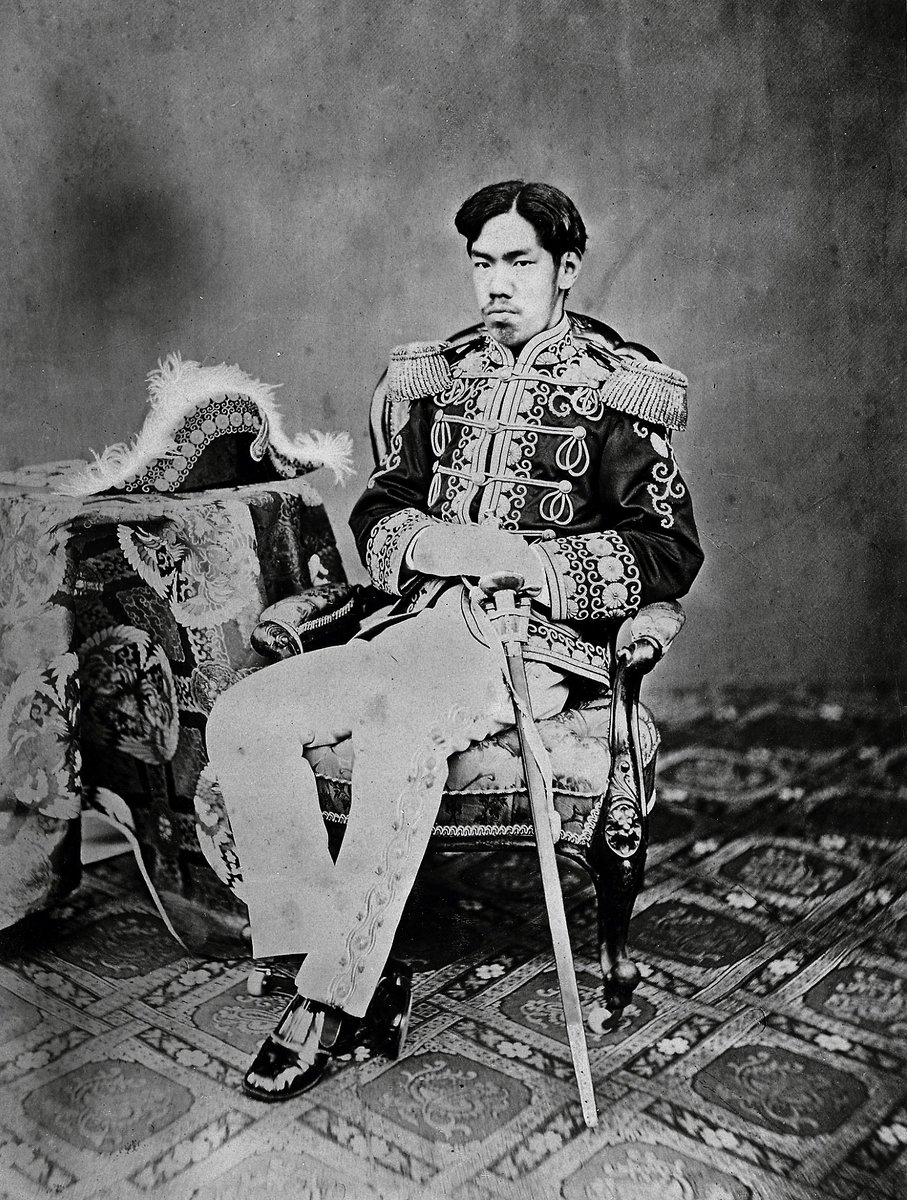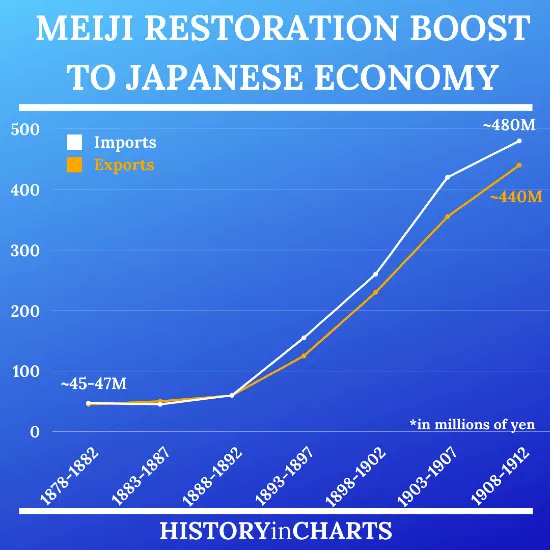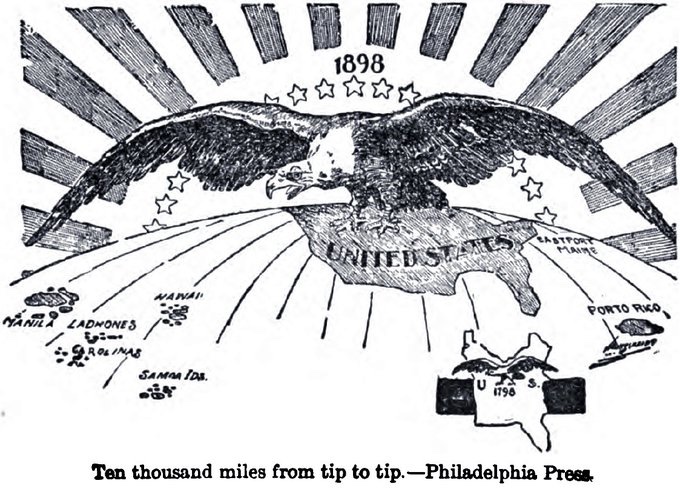Thread: The Boomers Viewed from GenX
1/10
The popular view of the Boomers, captured in a picture. This is not a “Defense of Boomers” thread, but an anecdotal account of things I’ve seen.
1/10
The popular view of the Boomers, captured in a picture. This is not a “Defense of Boomers” thread, but an anecdotal account of things I’ve seen.

2/10
I am a member of GenX: the kids of Boomers who were lucky enough to have survived newly-legalized abortion and the shrinking of the nuclear family after mothers entered the workplace en masse. We’re known primarily for our cynicism and comprise the last analog generation.



I am a member of GenX: the kids of Boomers who were lucky enough to have survived newly-legalized abortion and the shrinking of the nuclear family after mothers entered the workplace en masse. We’re known primarily for our cynicism and comprise the last analog generation.



3/
I was raised by Boomer parents in the Rust Belt. I saw Boomers struggle, badly, during the stagflation of the 70s, and all of the industrial offshoring of the 80s & 90s.
Boomers get no "credit" (for lack of a better term) for this.
I was raised by Boomer parents in the Rust Belt. I saw Boomers struggle, badly, during the stagflation of the 70s, and all of the industrial offshoring of the 80s & 90s.
Boomers get no "credit" (for lack of a better term) for this.

4/10
Entire towns, and swaths of large cities, died from the 70s-90s. Some of this was via relocation elsewhere in the US, but most was because TPTB decided offshoring to foreign countries was a better option than employing their fellow citizens.
carnegieendowment.org/2018/12/10/how…



Entire towns, and swaths of large cities, died from the 70s-90s. Some of this was via relocation elsewhere in the US, but most was because TPTB decided offshoring to foreign countries was a better option than employing their fellow citizens.
carnegieendowment.org/2018/12/10/how…



5/10
Offshoring/relocation caused a chain reaction. Factory jobs left, and then the ancillary jobs followed: diners where workers ate closed, so waitresses and cooks were out of work. Stores, barber shops, gas stations, house builders, etc, all followed suit.
Offshoring/relocation caused a chain reaction. Factory jobs left, and then the ancillary jobs followed: diners where workers ate closed, so waitresses and cooks were out of work. Stores, barber shops, gas stations, house builders, etc, all followed suit.

• • •
Missing some Tweet in this thread? You can try to
force a refresh











































